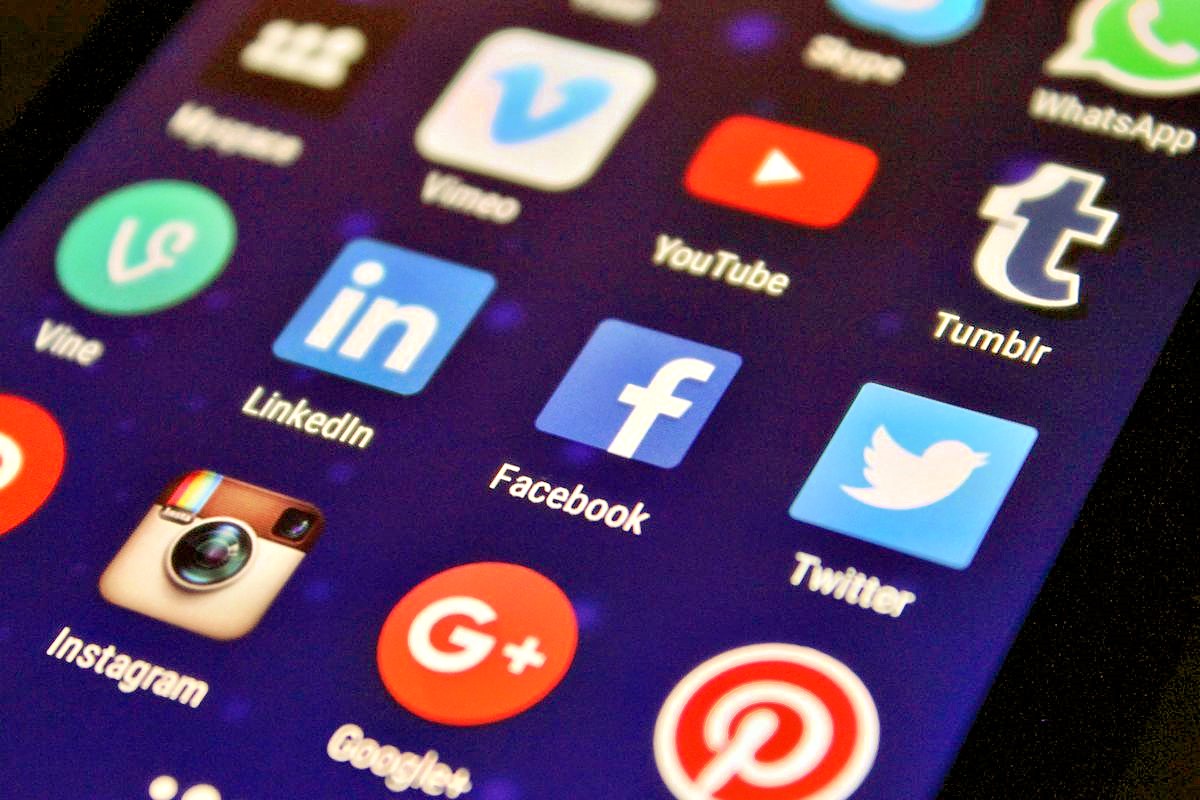In an era where information travels at the speed of light, social media platforms have emerged as powerful tools for connecting people across the globe. However, amidst the countless benefits, a sinister force has been lurking in the shadows – the spread of hate, misinformation, and radicalization. 🔥
The story we’re about to unravel is a chilling reminder of how technology, when left unchecked, can become a weapon of mass destruction. It’s a tale of how a once-isolated nation, Myanmar, was swept up in a whirlwind of change, only to have its newfound connectivity exploited by those seeking to sow discord and violence.
🌐 The Rise of Social Media in Myanmar
As Myanmar emerged from decades of military rule and isolation, the country witnessed a technological revolution. Cell phones flooded the market, and internet adoption rates skyrocketed from a mere 0.5% to an astonishing 40% in just a few years. 📶
For tech companies like Facebook, this presented an opportunity too lucid to ignore – a potential user base of millions, just waiting to be tapped into. And so, the social media giant struck deals with local providers, ensuring that smartphones came preloaded with the Facebook app, and users could browse the platform for free without consuming precious mobile data.
Little did they know that this seemingly innocuous move would pave the way for a tragedy of epic proportions.
🗣️ The Seeds of Hate
In the midst of Myanmar’s digital transformation, an ominous force was brewing – the rise of Buddhist nationalism and the vilification of the Rohingya Muslim minority. 🕌
Ashin Wirathu, a controversial Buddhist monk, became the face of this movement, using Facebook as a megaphone to spread conspiracy theories, fear, and hatred. His inflammatory messages, once confined to pamphlets and leaflets, now had the power to reach hundreds of thousands of users, thanks to the algorithms that rewarded engagement and outrage.
As Wirathu’s following grew, so too did the tension between the Buddhist majority and the Rohingya. Incidents of violence, fueled by misinformation and fake news, began to escalate, with ordinary citizens taking to the streets, raiding Rohingya villages, and burning homes to the ground. 🔥
🛡️ The Military’s Role
But the story took an even darker turn when the military of Myanmar joined the fray. They created fake news pages, masquerading as lifestyle and news outlets, gaining massive followings before unleashing a torrent of propaganda and incitement against the Rohingya.
Graphic images of corpses were shared, accompanied by claims of impending jihadist attacks, stoking fear and mistrust among the populace. It was a coordinated campaign of psychological warfare, amplified by the very platform that promised to connect people. 📰
🚨 The Tipping Point
Despite repeated warnings from journalists, researchers, and even Facebook’s own employees, the company did little to stem the tide of hate speech and disinformation. With only a handful of Burmese-speaking moderators, the platform remained largely ungoverned, allowing the hatred to fester and spread like wildfire. 🔥
And then, in 2017, the unthinkable happened. In the wake of a Rohingya insurgent attack that left a dozen security personnel dead, the military launched a brutal campaign of ethnic cleansing, aided and abetted by radicalized civilians. 💣
Homes were burned, villages razed, and tens of thousands of innocent Rohingya were killed or forced to flee their homeland, seeking refuge in overcrowded camps in neighboring Bangladesh. It was a textbook example of genocide, enabled and amplified by the very technology that was supposed to bring people together.
🕯️ The Aftermath
In the aftermath of this horrific tragedy, the United Nations condemned Facebook, labeling it as “a useful instrument for those seeking to spread hate.” The company, in a belated response, took down the pages of senior military officials and promised to change its practices. 🇺🇳
But the scars of this event run deep, and the Rohingya people continue to live in limbo, without a homeland and without the support they so desperately need. As the world grapples with the consequences of unchecked hate speech and misinformation, this story serves as a stark reminder of the power of technology – and the urgent need to wield it responsibly.
Copyright © 2024 Hea1th.net

